What to Do After an Uber or Lyft Accident in Georgia: A Passenger’s Guide
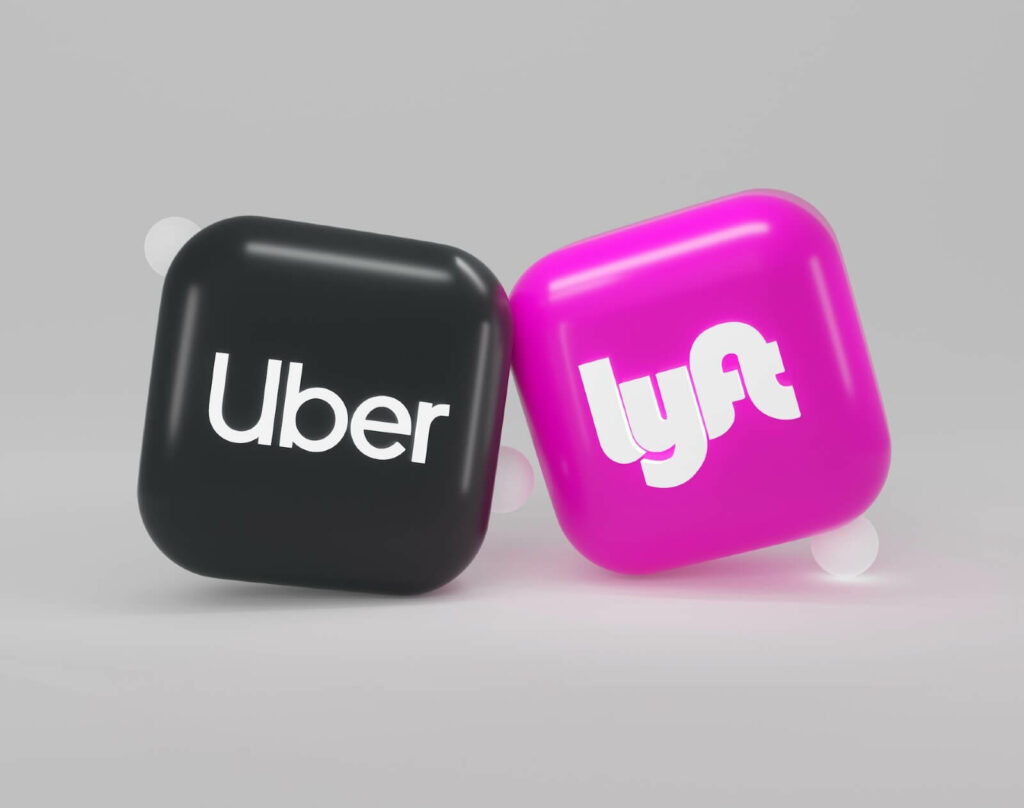
Ridesharing services like Uber and Lyft have become incredibly popular in Georgia, offering convenience for both residents and visitors. However, accidents involving rideshare vehicles can be confusing and overwhelming for passengers, especially when it comes to navigating the legal and insurance complexities. If you’ve been involved in an Uber or Lyft accident in Georgia, understanding your rights and knowing the proper steps to take can protect your health, well-being, and legal rights.
In this comprehensive guide, we’ll walk you through exactly what to do after an Uber or Lyft accident in Georgia, from securing your safety to seeking compensation for your injuries.
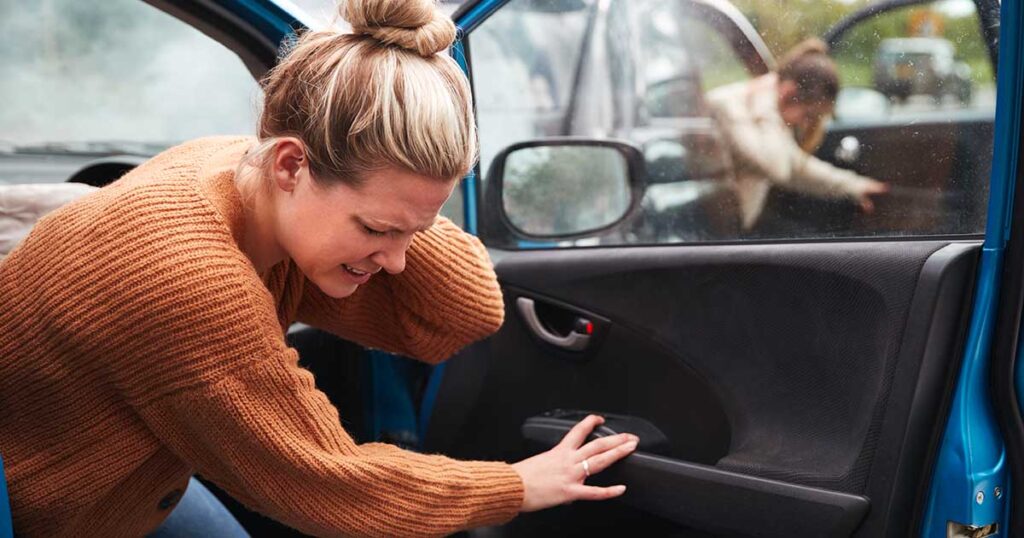
1. Prioritize Your Safety and Health First
Immediately following an accident, your health should be your top priority. Even if you think your injuries are minor, adrenaline may mask the severity of your injuries. Here’s what to do:
- Check for injuries: Assess yourself and others for any injuries. If anyone is seriously hurt, call 911 immediately.
- Move to safety: If you’re able to, move away from the roadway to a safer location to avoid further accidents.
- Seek medical attention: Even if you feel fine, it’s essential to get checked by a healthcare professional. Some injuries, like concussions or internal bleeding, may not show symptoms immediately.
In the state of Georgia, timely medical treatment is crucial for both your health and your personal injury claim. Delaying treatment can give insurance companies a reason to downplay or deny your claim, arguing that your injuries were not serious enough to warrant compensation.
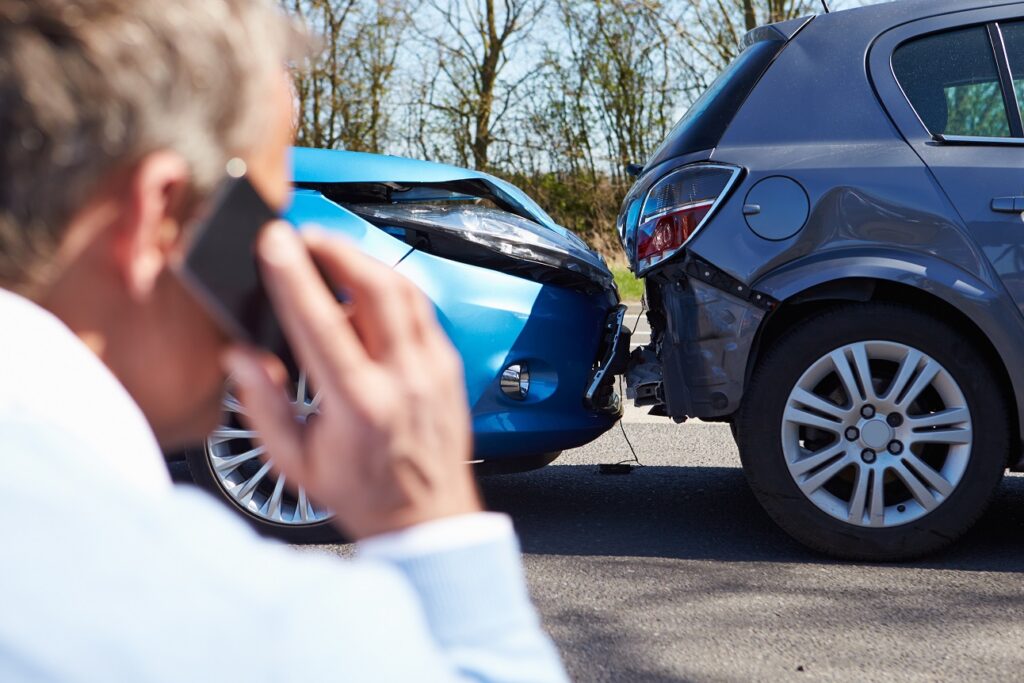
2. Call the Police and Report the Accident
In Georgia, it is mandatory to report car accidents that involve injuries, deaths, or significant property damage. Calling the police is a crucial step because it ensures that an official accident report is created. This report will serve as a vital piece of evidence in any insurance or legal claim you file later on.
- What to tell the police: Provide clear and accurate information about what happened but avoid speculating or admitting fault.
- Document the police report number: Make sure to get a copy of the accident report or at least the report number so you can obtain it later. This report will be invaluable when filing your claim with Uber or Lyft.
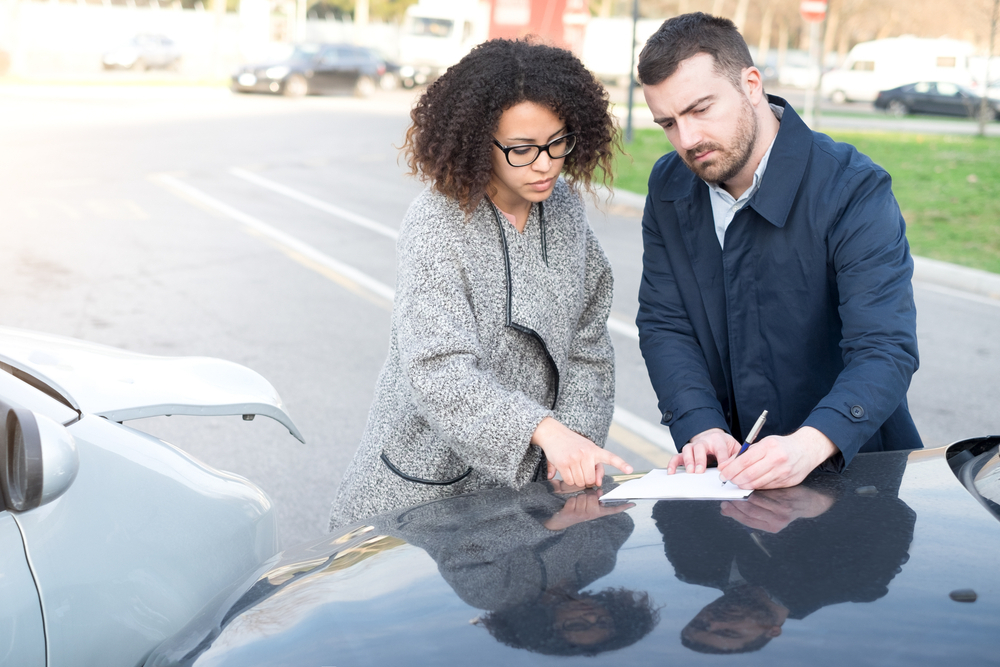
3. Gather Information and Evidence
As a passenger, you may not have direct control over the vehicle, but gathering crucial information can significantly strengthen your case. If you’re physically able to, collect the following details:
- Driver details: Get the name, contact information, driver’s license number, and insurance information of both the Uber/Lyft driver and any other drivers involved in the accident.
- Vehicle information: Take note of the vehicle make, model, color, and license plate numbers.
- Rideshare app details: Screenshot the ride details in the Uber or Lyft app, including the driver’s name, vehicle information, and trip route. This information can later verify that you were a passenger in the rideshare vehicle at the time of the accident.
- Photos: Take photos of the accident scene, vehicle damage, road conditions, and any visible injuries. Photographic evidence can be pivotal in proving fault and the extent of the damage.
- Witness information: If there are any witnesses, collect their names and contact information.

4. Report the Accident to Uber or Lyft
Both Uber and Lyft have accident reporting systems that passengers should use after an accident. Reporting the incident directly to the rideshare company helps document the accident and start the claims process. Here’s how to report the accident:
- Uber: Open the Uber app, go to “Help,” select the trip in question, and click “Report a Safety Issue.” Follow the prompts to report the accident.
- Lyft: In the Lyft app, click on “Ride History,” select the specific ride, and scroll to the “Report an Accident” option.
Make sure you report the incident as soon as possible. Uber and Lyft’s insurance companies may require detailed accounts of the accident, so having your ride history documented within the app will serve as proof that you were indeed a passenger during the crash.

5. Understand Uber and Lyft’s Insurance Coverage
One of the most confusing aspects of a rideshare accident is understanding whose insurance covers the damages. Uber and Lyft both offer liability coverage, but the specifics depend on what phase the rideshare driver was in when the accident occurred:
- Driver is off the app (personal driving): If the rideshare driver was not logged into the app when the accident occurred, their personal auto insurance will apply.
- Driver is logged in but not carrying a passenger: Uber and Lyft provide limited liability coverage in this case, usually up to $50,000 per person injured, $100,000 total per accident, and $25,000 for property damage.
- Driver is carrying a passenger: Once a passenger is in the vehicle, Uber and Lyft’s $1 million liability coverage kicks in. This is the phase that most often applies to passenger accidents.
Georgia is a fault state, meaning the party responsible for the accident (or their insurer) must pay for the damages. However, rideshare companies have additional insurance policies that apply when their drivers are logged into the app and transporting passengers. Understanding this coverage is key when filing claims.
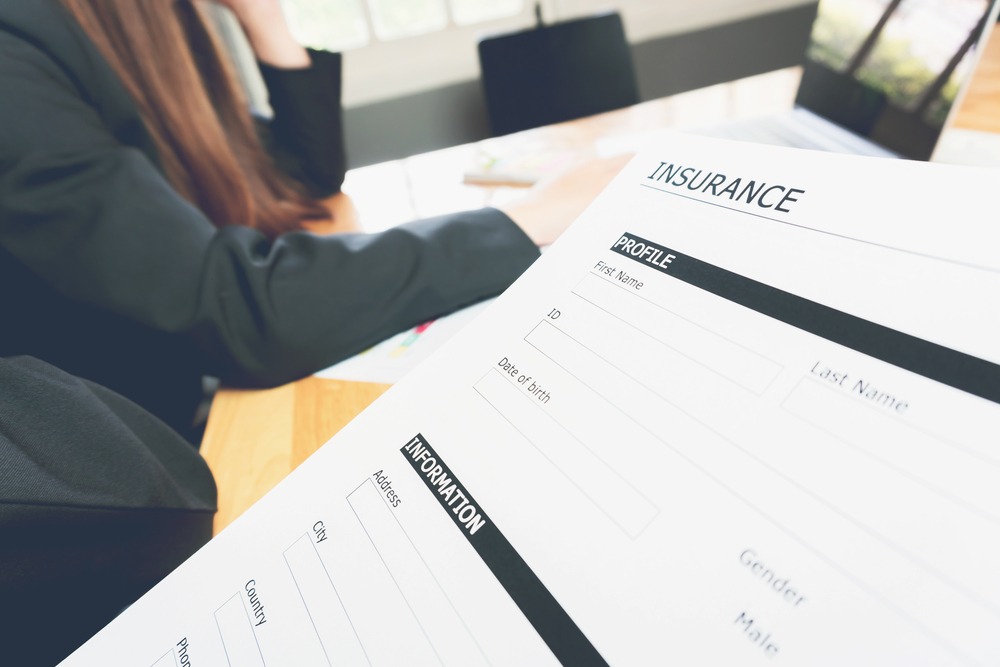
6. File Insurance Claims
After an Uber or Lyft accident, you may have to deal with multiple insurance companies—your own, the rideshare driver’s, and Uber or Lyft’s insurance providers. Here’s how to handle the claims process:
- Contact your personal insurance provider: Even though you were not driving, it’s important to notify your own insurance company of the accident. Your policy may offer coverage for medical expenses or other damages.
- File a claim with Uber/Lyft’s insurance: Once you’ve reported the accident to Uber or Lyft, their insurance company will likely contact you for more information. Provide them with all necessary details and cooperate with their investigation.
- Follow up on claims: Stay in close contact with the claims adjusters and keep track of all communication. Be wary of settling too quickly, as you may not fully understand the extent of your injuries or damages right away.
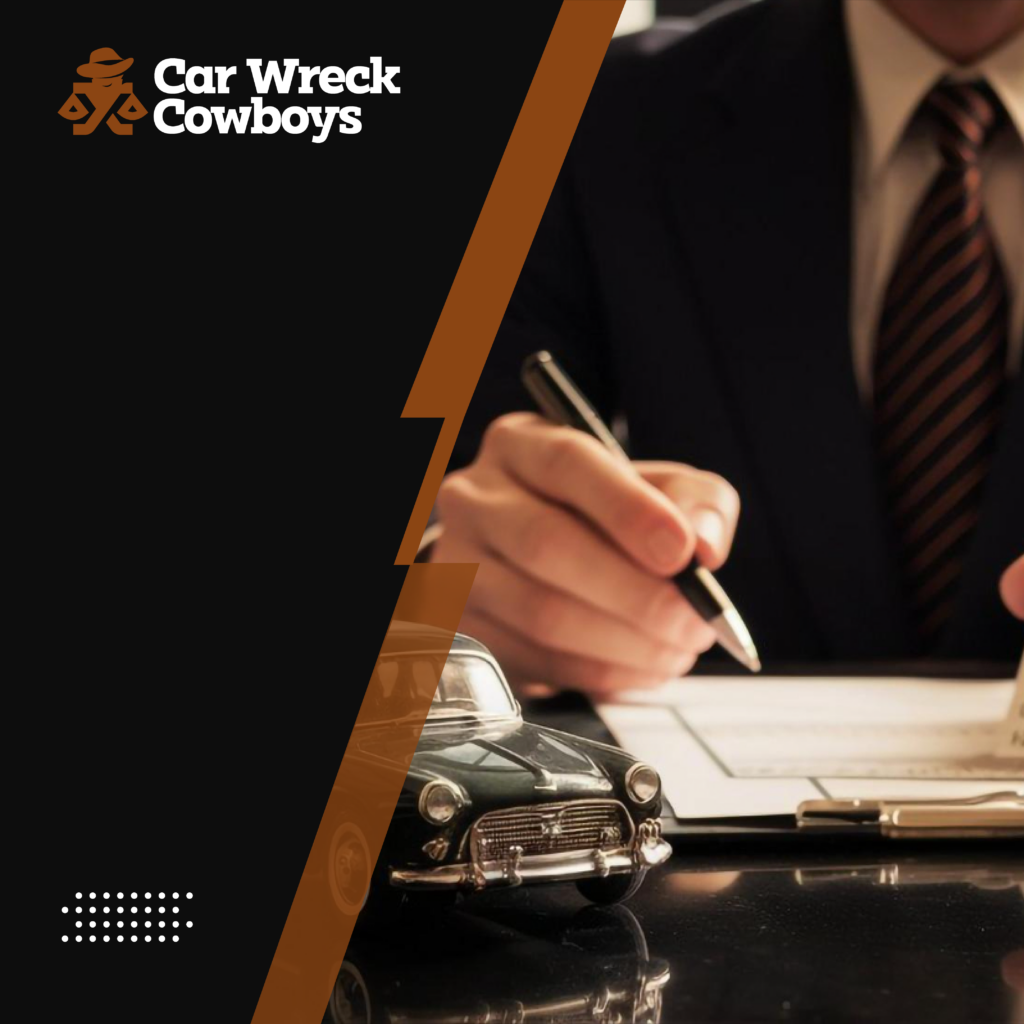
7. Consider Legal Representation
Accidents involving rideshare companies like Uber and Lyft can be complex, particularly when it comes to navigating insurance coverage and determining liability. If you suffered significant injuries, lost wages, or emotional distress, hiring Car Wreck Cowboys which specializes in Uber and Lyft accidents in Georgia may be the best course of action.
Car Wreck Cowboys can help with:
- Gathering evidence and building your case
- Negotiating with insurance companies on your behalf
- Filing a personal injury lawsuit, if necessary
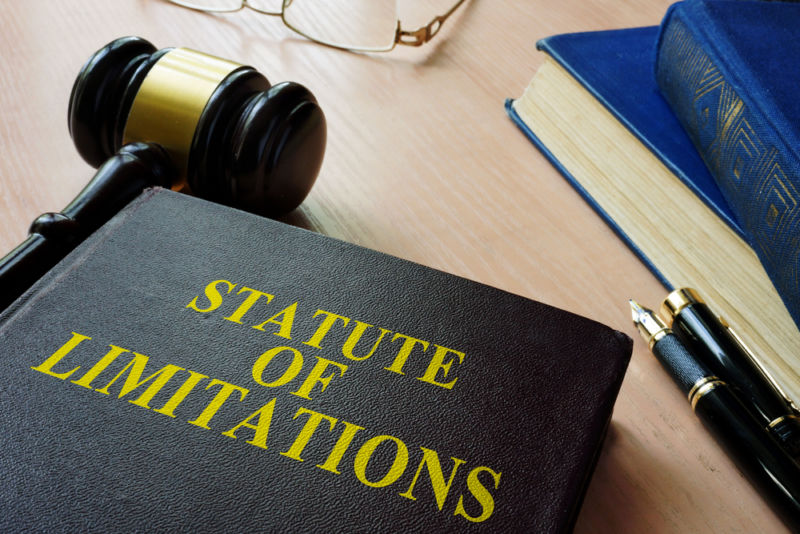
8. Understand Georgia’s Statute of Limitations
It’s important to know that Georgia has a statute of limitations for personal injury claims. In most cases, you have two years from the date of the accident to file a lawsuit. If you miss this deadline, you may lose your right to seek compensation for your injuries and damages.

Conclusion: Protect Your Rights as a Passenger
Being involved in an Uber or Lyft accident in Georgia can be a stressful and confusing experience. However, by following the right steps—prioritizing your health, documenting the accident, and understanding your legal rights—you can protect yourself and increase your chances of receiving the compensation you deserve.
If you’ve been injured in a rideshare accident, don’t navigate the complexities alone. Reach out to Car Wreck Cowboys, to ensure your rights are protected throughout the entire process.
